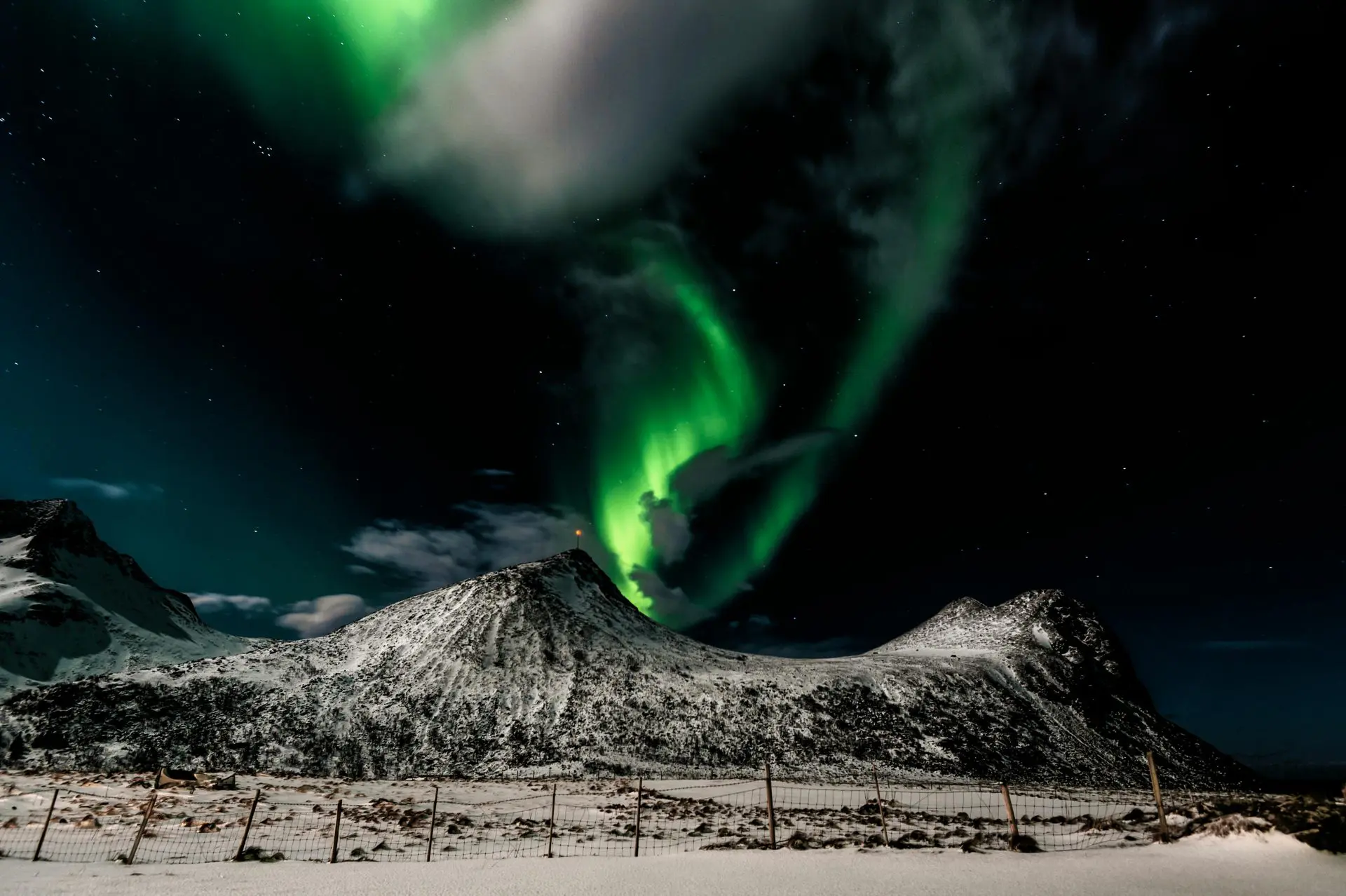The Importance of Protecting Endangered Species

Looking for more amazing products? Check out our online store and explore our collection here! Happy shopping!
Before diving in, please note: This post is for informational purposes only. If you’d like to know more about how we approach topics, feel free to check out our friendly Disclaimer Page.
Hey there, amazing readers! 
We’re committed to delivering quality posts, and your support (even just sticking around despite the ads) means everything to us. So, bear with us, and thanks for helping us keep the good vibes rolling. Now, on to the fun stuff!
TRANSLATE BUTTON AT THE END OF THE ARTICLE
The world we live in is filled with diverse life forms, each playing a crucial role in the delicate balance of our ecosystems.
However, many species are on the brink of extinction, and the need to protect them has never been more pressing.
Endangered species face numerous threats, from habitat destruction to climate change, and their decline impacts not only the environment but also human well-being.
In this article, I will delve into the importance of protecting endangered species, exploring the reasons behind their conservation and what we can do to help.
Biodiversity and Ecosystem Health
Biodiversity is the variety of life on Earth, and it is vital for healthy ecosystems.
Each species, no matter how small, contributes to the overall functioning of its ecosystem.
When a species becomes endangered or extinct, it can disrupt food chains, pollination, and nutrient cycling.
For instance, the decline of bees, which are critical pollinators, can lead to reduced crop yields and food shortages.
Protecting endangered species helps maintain biodiversity, ensuring ecosystems can thrive.
Healthy ecosystems provide numerous benefits, such as clean air and water, fertile soil, and resilience against climate change.
When we protect endangered species, we are also safeguarding the intricate web of life that supports all living beings, including us.
Economic Benefits
The conservation of endangered species can have significant economic implications.
Many industries, such as agriculture, tourism, and pharmaceuticals, depend on biodiversity.
For example, ecotourism, which attracts millions of visitors each year, often centers around unique wildlife.
Protecting endangered species can help sustain local economies that rely on natural resources.
Additionally, countless medications and treatments are derived from plants and animals.
By preserving biodiversity, we increase the chances of discovering new drugs that can combat diseases.
The extinction of a single species can mean the loss of potential medical breakthroughs that could save lives.
Cultural and Spiritual Significance
Many cultures around the world have deep connections to their local wildlife.
Endangered species often hold cultural, spiritual, or historical significance for communities.
For example, the bald eagle is not just a bird; it symbolizes freedom and is an integral part of American heritage.
Losing such species would mean losing important aspects of cultural identity.
By protecting endangered species, we honor these cultural ties and promote a sense of stewardship for the natural world.
It reminds us of our responsibility to coexist with other living beings and to respect the traditions and beliefs of those who have long valued these connections.
Climate Change Mitigation
Climate change poses a significant threat to many species, particularly those that are already vulnerable.
As temperatures rise and weather patterns shift, habitats can become unsuitable for certain plants and animals.
This can lead to further decline in populations and even extinction.
Endangered species often have unique adaptations that allow them to thrive in specific environments.
By protecting these species, we also help preserve their habitats, which can act as buffers against climate change.
Healthy ecosystems, such as forests and wetlands, sequester carbon and help mitigate climate change effects.
In this way, protecting endangered species is a crucial step in the fight against global warming.
Ethical Responsibility
Many people believe that humans have an ethical responsibility to protect endangered species.
As the dominant species on the planet, we have the power to cause significant harm to the environment and other life forms.
It is our duty to mitigate this impact and ensure a future for all living beings.
Extinction is often a result of human activity, whether through habitat destruction, pollution, or overexploitation.
By taking action to protect endangered species, we acknowledge our role in their survival and demonstrate our commitment to a sustainable future.
Educational Opportunities
The plight of endangered species can serve as powerful teaching tools.
They raise awareness about the challenges facing wildlife and the importance of conservation efforts.
Educational programs centered around endangered species can inspire future generations to take action and become stewards of the environment.
Wildlife reserves, national parks, and conservation organizations offer opportunities for people to learn about endangered species and their habitats.
By engaging with these programs, individuals can gain a deeper understanding of ecological relationships and the importance of biodiversity.
Community Involvement
Protecting endangered species often involves community engagement and grassroots efforts.
Local communities play a vital role in conservation, whether through habitat restoration, wildlife monitoring, or advocacy.
By working together, communities can foster a sense of ownership and responsibility for their natural resources.
Community involvement can also lead to increased awareness and appreciation for local wildlife.
This can spark interest in conservation initiatives, leading to more significant efforts to protect endangered species.
When people feel connected to their environment, they are more likely to take action to preserve it.
Success Stories of Conservation
Despite the challenges, there have been numerous success stories in the conservation of endangered species.
For instance, the gray whale population, once on the brink of extinction due to whaling, has rebounded thanks to international protections and conservation efforts.
The American alligator and the California condor are other examples of species that have been brought back from the edge through dedicated conservation efforts.
These success stories demonstrate that, with concerted effort and resources, we can make a positive impact on endangered species.
They serve as a reminder that our actions matter and that we can create a future where wildlife thrives alongside human communities.
Supporting Legislation and Policies
Government policies and legislation play a critical role in protecting endangered species.
The Endangered Species Act in the United States, for example, provides a framework for the conservation of threatened and endangered species and their habitats.
Supporting such legislation is essential for ensuring the continued protection of vulnerable species.
As individuals, we can advocate for policies that prioritize conservation and sustainable practices.
This can include contacting elected officials, participating in public comment periods, or joining conservation organizations.
By raising our voices, we can help shape policies that protect endangered species and promote biodiversity.
How to Get Involved
There are many ways to get involved in the protection of endangered species, regardless of your skills or resources.
Here are a few ideas:
Volunteer: Many organizations rely on volunteers for habitat restoration, wildlife monitoring, and educational programs.
Find a local conservation group and offer your time.
Donate: Financial contributions can support conservation efforts, research, and advocacy initiatives.
Every little bit helps in the fight to protect endangered species.
Educate others: Share information about endangered species and their conservation with your friends, family, and community.
Raising awareness is a crucial step in promoting action.
Be a responsible consumer: Choose sustainable products and support businesses that prioritize environmental stewardship.
Making informed choices can help reduce the demand for harmful practices that threaten wildlife.
Conclusion
The importance of protecting endangered species cannot be overstated.
These species are vital for maintaining biodiversity, supporting ecosystems, and providing economic, cultural, and educational benefits.
By taking action to safeguard endangered species, we can preserve the rich tapestry of life on Earth and ensure a healthier planet for future generations.
Together, we can make a difference and foster a world where all species thrive.
Let’s commit to protecting our planet’s precious wildlife and embrace our role as responsible stewards of the Earth.

The Enlightenment Journey is a remarkable collection of writings authored by a distinguished group of experts in the fields of spirituality, new age, and esoteric knowledge.
This anthology features a diverse assembly of well-experienced authors who bring their profound insights and credible perspectives to the forefront.
Each contributor possesses a wealth of knowledge and wisdom, making them authorities in their respective domains.
Together, they offer readers a transformative journey into the realms of spiritual growth, self-discovery, and esoteric enlightenment.
The Enlightenment Journey is a testament to the collective expertise of these luminaries, providing readers with a rich tapestry of ideas and information to illuminate their spiritual path.
Our Diverse Expertise
While our primary focus is on spirituality and esotericism, we are equally passionate about exploring a wide range of other topics and niches 

To ensure we provide the most accurate and valuable insights, we collaborate with trusted experts in their respective domains 
Our blog originally focused on spirituality and metaphysics, but we’ve since expanded to cover a wide range of niches. Don’t worry—we continue to publish a lot of articles on spirituality! Frequently visit our blog to explore our diverse content and stay tuned for more insightful reads.
Hey there, amazing reader! 
Check out our store here and take a peek at some of our featured products below! Thanks for being awesome!











